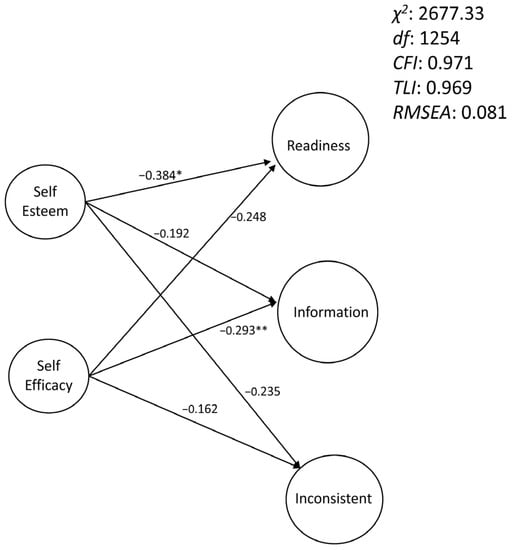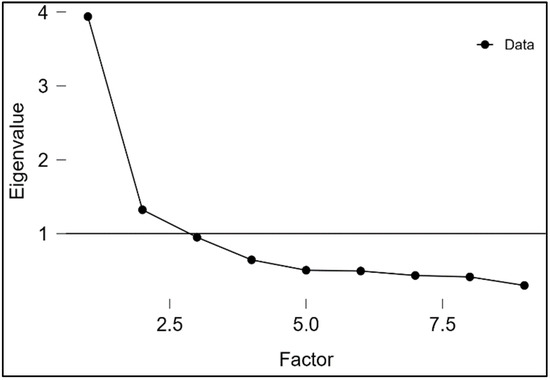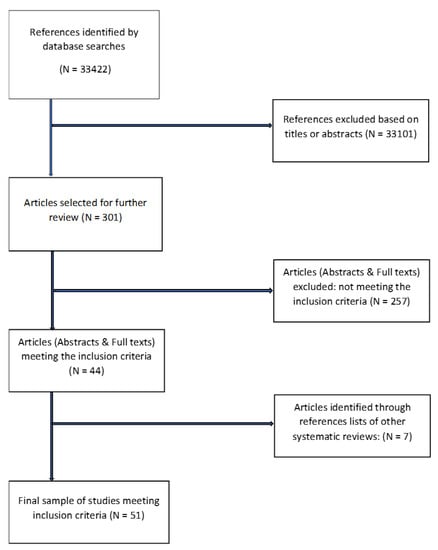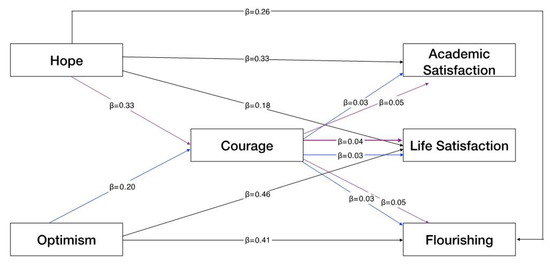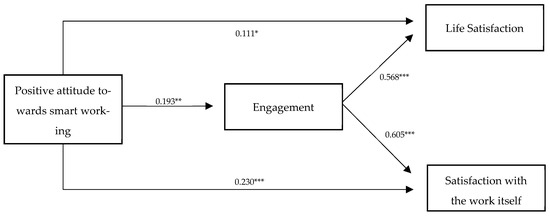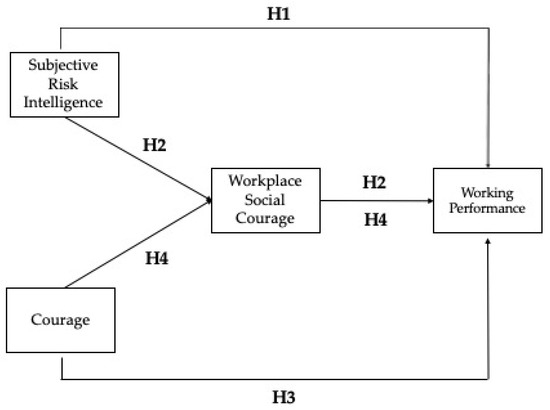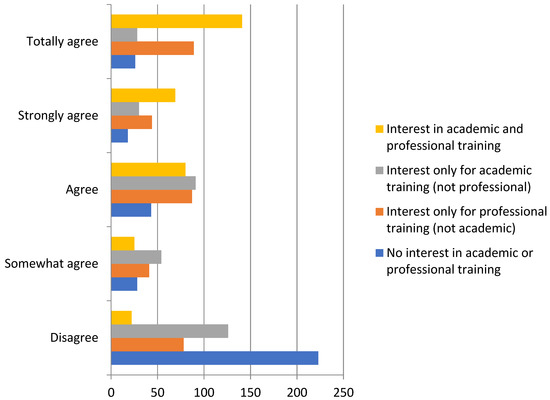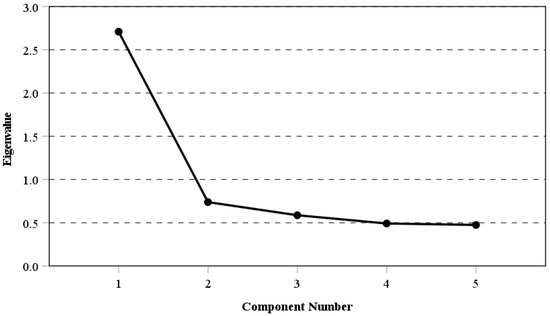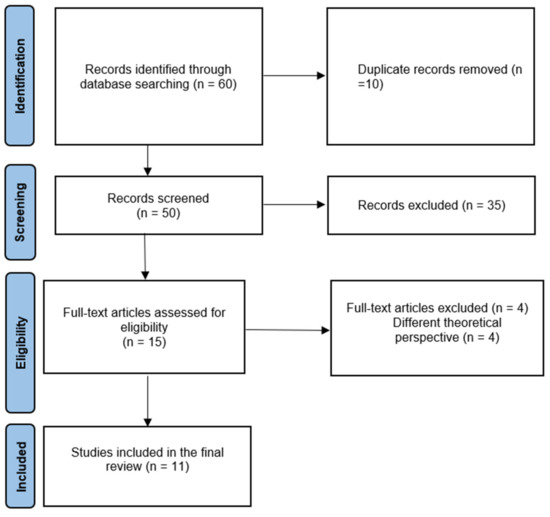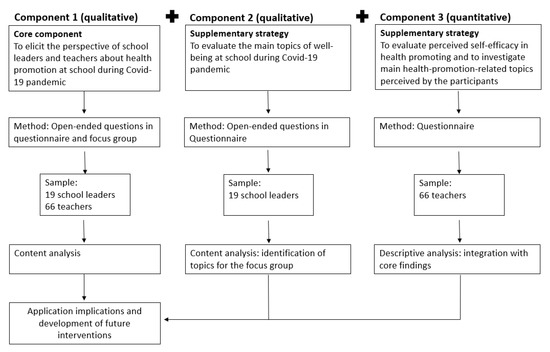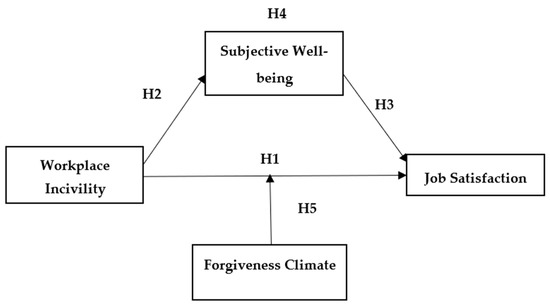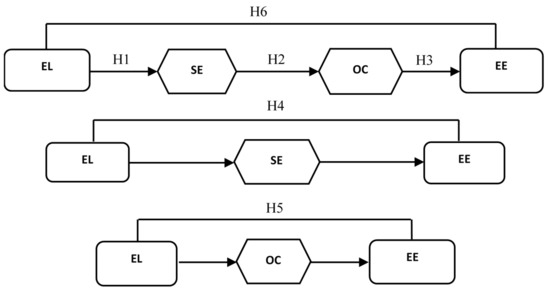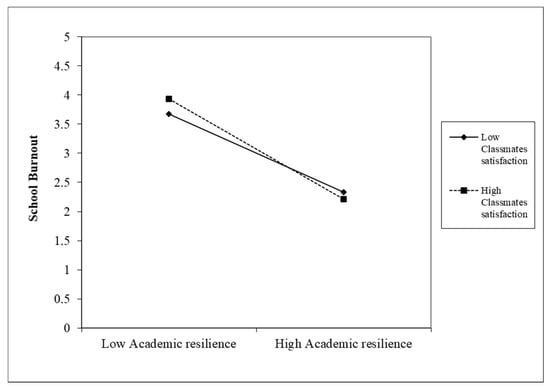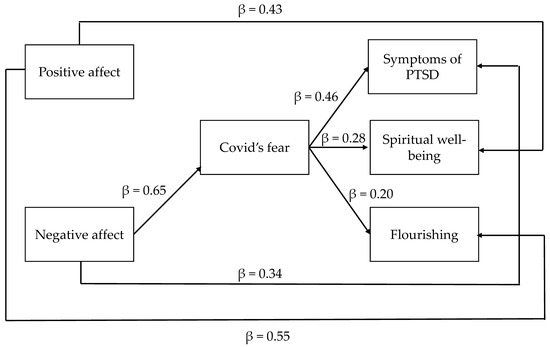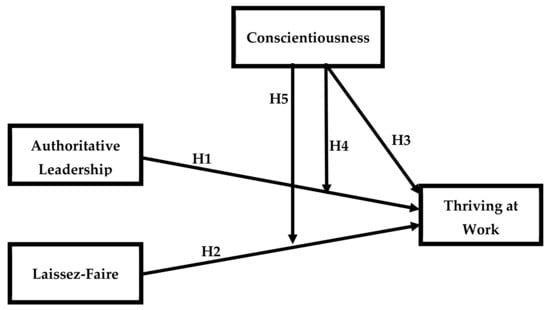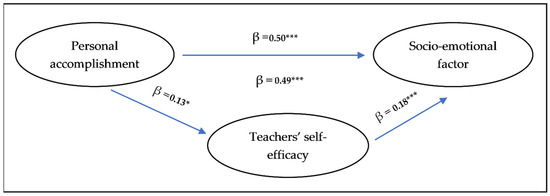Positive Resources to Promote Well Being in Educational and Work Contexts and in Career Trajectories
A topical collection in European Journal of Investigation in Health, Psychology and Education (ISSN 2254-9625).
Viewed by 129977
Editors
Interests: career counseling; positive psychology; vocational guidance; social psychology
Interests: career counseling; vocational guidance; work and organizational psychology; positive psychology
Topical Collection Information
Dear Colleagues,
In last decades scientific literature has shown an increasing interest in mental health, well-being and quality of life of people in various life contexts. Therefore, researchers and professionals in psychosocial area are focused in studying the role that psychosocial factors play in the promotion of the best adaptation between persons and environment; they are interested in understanding human optimal functioning, more specifically in identifying the resources involved in coping with challenges of the recent economic and social changes, especially in valued contexts such as work or academic contexts. In these areas, the development of positive psychology has had a significant impact since it focuses on the preventive and promotional enhancement of people's psychosocial skills and resources. This collection is aimed to address the field of domain specific well-being (assessment tools, empirical research, experimentation of professional practices); the core theme is the construction of career paths and life trajectories – within school, university and working contexts – that can significantly affect the individual meaning of life and the subjective well-being. Particular attention will be given to a) the career transitions between one context and another; b) the study of all those factors that promote the aspirations of vulnerable segments of the population to pursue dignified and satisfactory career paths.The transitions, although no longer the only “elective territory” for career counselling and career education interventions, nevertheless represent a critical step to increase feelings of uncertainty and the experience of concern and discomfort for individuals. Moreover, well-being cannot be considered only at individual level: as the recent pandemic has shown us, accentuating social inequalities even with respect to the different jobs performed by people, we have to consider the relationship between individual well-being and success, on one hand, and the complex dynamic with the social dimensions and whole community well-being, on the other.
Positive psychology and career counselling; Positive psychology and career education; Vulnerabilities and vocational guidance; Aspirations, decent work and social inequalities; Career transitions in time of uncertainty; Career transitions in emerging adulthood; Career transitions in vulnerable people.
Prof. Dr. Paola Magnano
Andrea Zammitti
Dr. Ernesto Lodi
Collection Editors
Manuscript Submission Information
Manuscripts should be submitted online at www.mdpi.com by registering and logging in to this website. Once you are registered, click here to go to the submission form. Manuscripts can be submitted until the deadline. All submissions that pass pre-check are peer-reviewed. Accepted papers will be published continuously in the journal (as soon as accepted) and will be listed together on the collection website. Research articles, review articles as well as short communications are invited. For planned papers, a title and short abstract (about 100 words) can be sent to the Editorial Office for announcement on this website.
Submitted manuscripts should not have been published previously, nor be under consideration for publication elsewhere (except conference proceedings papers). All manuscripts are thoroughly refereed through a single-blind peer-review process. A guide for authors and other relevant information for submission of manuscripts is available on the Instructions for Authors page. European Journal of Investigation in Health, Psychology and Education is an international peer-reviewed open access monthly journal published by MDPI.
Please visit the Instructions for Authors page before submitting a manuscript. The Article Processing Charge (APC) for publication in this open access journal is 1400 CHF (Swiss Francs). Submitted papers should be well formatted and use good English. Authors may use MDPI's English editing service prior to publication or during author revisions.
Keywords
- educational well-being
- well-being at work
- academic satisfaction
- job satisfaction
- career counselling
- career education
- positive resources
- career transitions
- aspirations
- social inequalities in career paths
- psychosocial vulnerabilities
- flourishing
- life satisfaction










